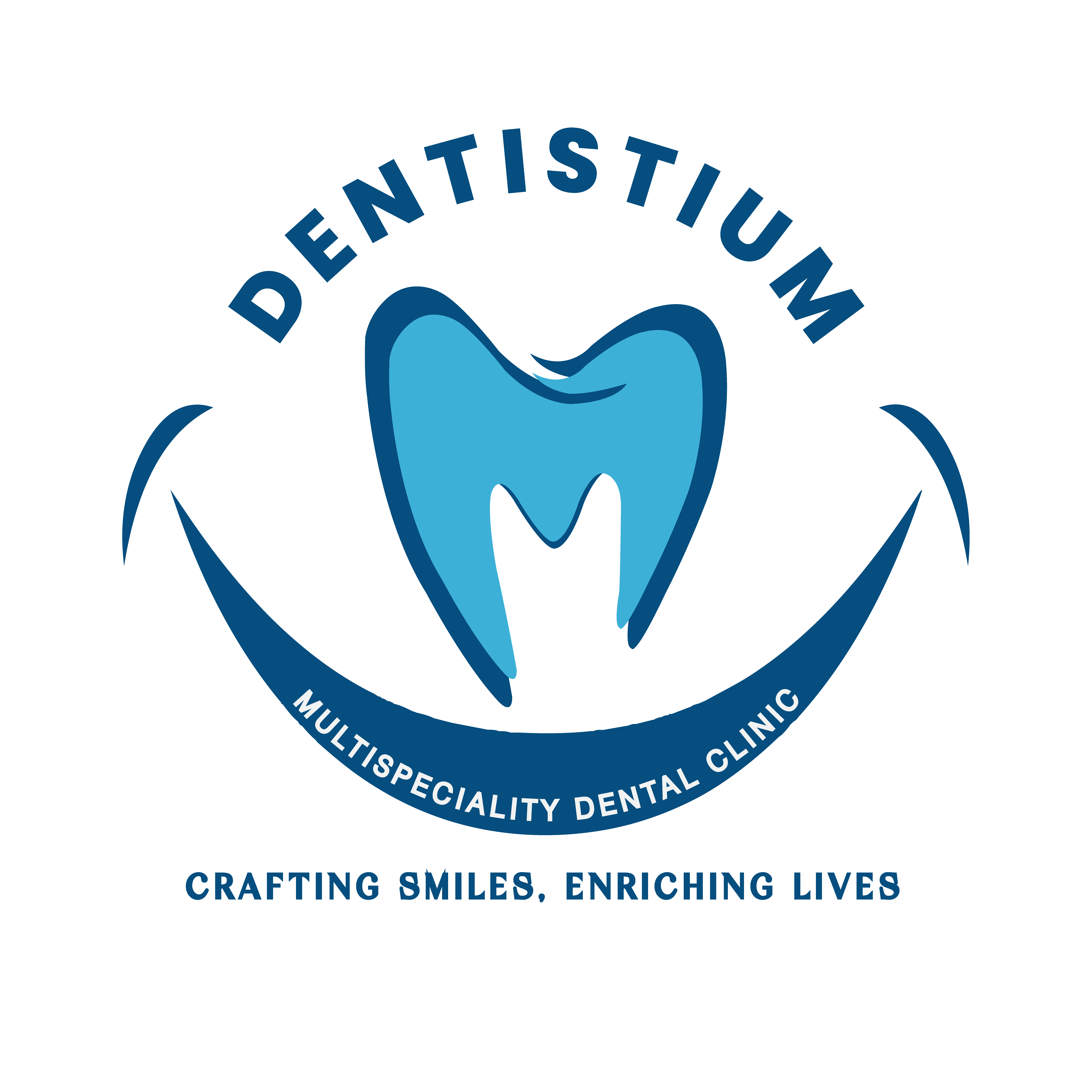The Importance of Regular Dental Check-Ups
The Importance of Regular Dental Check-ups
Dental health is a fundamental aspect of our overall well-being, and regular dental check-ups play a crucial role in maintaining a healthy smile. Unfortunately, many people tend to underestimate the significance of routine dental appointments. In this blog post, we’ll explore why these check-ups are essential for your oral health and what you can expect during a typical dental visit.
Why Are Regular Dental Check-ups Important?
- Prevention is Key: Regular dental visits are not just about addressing problems when they arise but are primarily about preventing dental issues. Your dentist can spot potential problems before they become major concerns, helping you avoid more extensive and expensive treatments in the future.
- Oral Cancer Screening: Dentists conduct oral cancer screenings during check-ups. Early detection of oral cancer can be a matter of life and death. Regular check-ups can lead to the discovery of oral cancer in its early stages, significantly increasing the chances of successful treatment.
- Gum Disease Prevention: Gum disease, or periodontal disease, is a common dental problem that often goes unnoticed in its early stages. Regular check-ups allow your dentist to monitor your gum health and recommend treatments or changes to your oral care routine to prevent gum disease from progressing.
- Early Cavity Detection: Dental cavities, when detected early, can be treated with minimal intervention. Regular check-ups help identify cavities when they are small, reducing the need for more extensive restorative procedures like fillings or crowns.
- Professional Cleaning: No matter how diligent you are with your oral hygiene routine, professional dental cleanings are essential. Dental hygienists can remove built-up plaque and tartar that you may have missed, ensuring your teeth remain free from decay and gum disease.
- X-Rays for In-Depth Analysis: Dentists often use X-rays to get a more in-depth look at your dental health. These images can reveal issues such as impacted wisdom teeth, hidden cavities, or problems with the roots of your teeth that may require intervention.
What to Expect During a Dental Check-up:
- Medical History Review: Your dentist will discuss any changes in your medical history or oral health since your last visit.
- Dental Cleaning: A dental hygienist will clean your teeth, removing plaque and tartar.
- Dental Examination: Your dentist will thoroughly examine your mouth, teeth, and gums. They will check for signs of cavities, gum disease, and any other oral health issues.
- X-Rays: If needed, X-rays may be taken to get a more comprehensive view of your dental health.
- Oral Cancer Screening: Your dentist will examine your mouth, throat, and neck for any signs of oral cancer.
- Discussion and Recommendations: After the examination, your dentist will discuss their findings, answer any questions you may have, and provide recommendations for treatment or preventive measures.
How Often Should You Have Dental Check-ups?
The frequency of dental check-ups can vary from person to person, but it’s generally recommended to see your dentist every six months. However, some individuals may need more frequent visits based on their oral health needs.
In conclusion, regular dental check-ups are a vital component of maintaining a healthy smile and overall well-being. Don’t wait until you have a dental emergency to see your dentist. Schedule your regular





